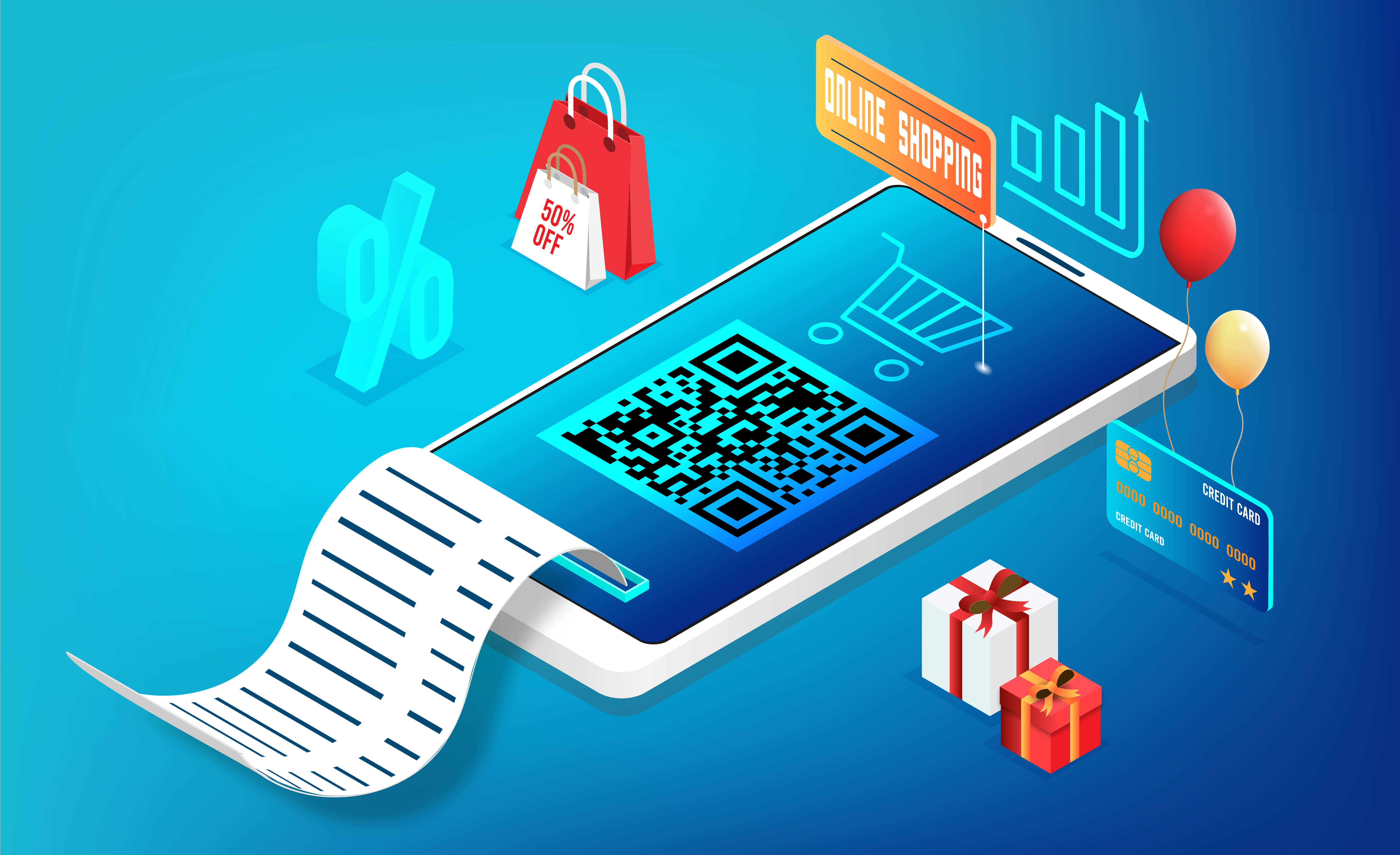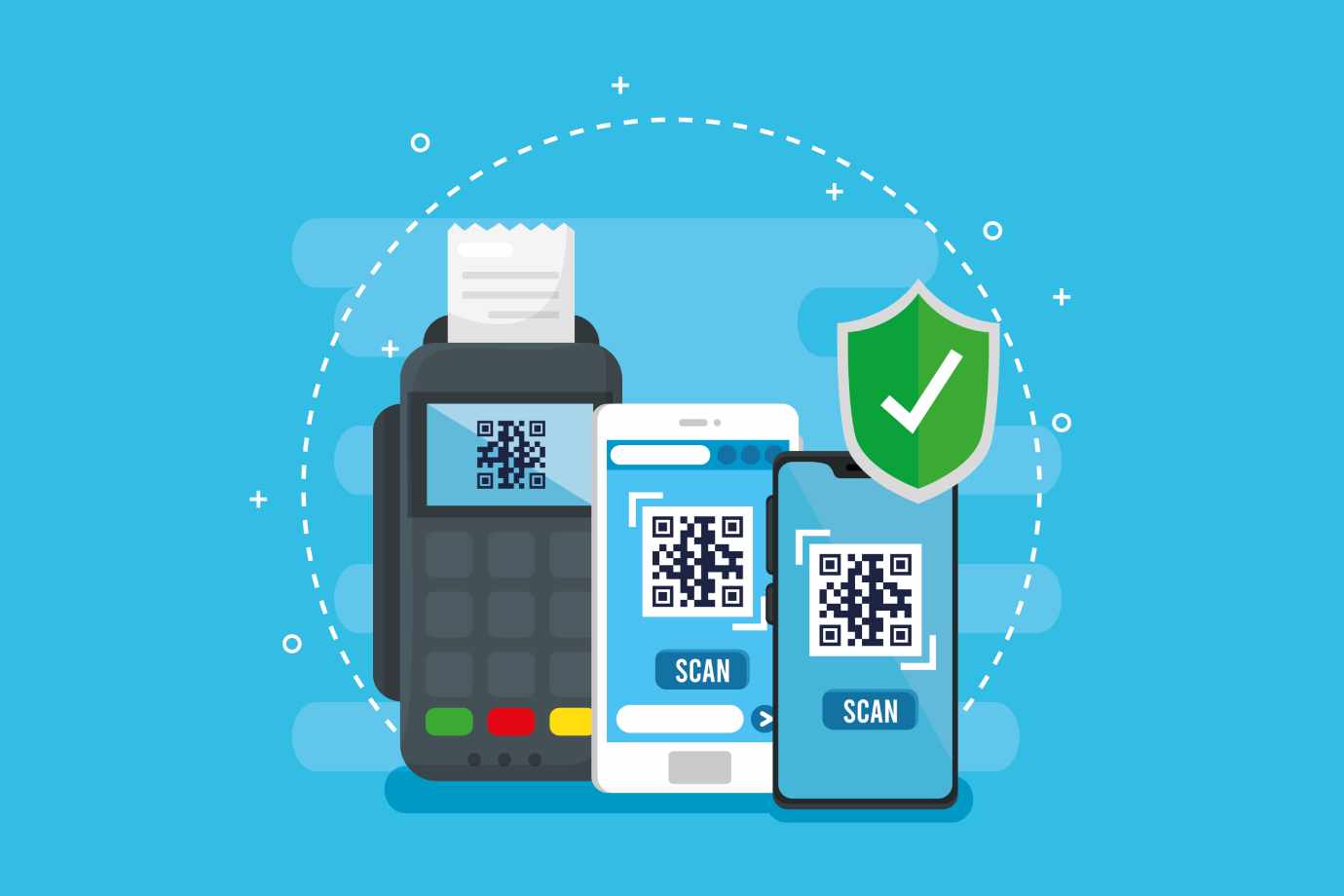Digital transformation has become a necessity for businesses of all sizes, and mobile apps are at the forefront of this revolution. For small businesses, mobile apps offer an unparalleled opportunity to enhance efficiency, reach new customers, and create a strong digital presence. In this blog, we explore how mobile apps play a crucial role in driving digital transformation for small businesses.
Index
- Introduction
- Why Digital Transformation is Essential for Small Businesses
- The Importance of Mobile Apps in Digital Transformation
- - Enhancing Customer Engagement
- - Streamlining Business Operations
- - Increasing Accessibility
- Benefits of Mobile Apps for Small Businesses
- - Improved Customer Experience
- - Cost Efficiency and ROI
- - Data-Driven Decision Making
- Success Stories: Small Businesses Leveraging Mobile Apps
- How to Start Your Mobile App Journey
- Conclusion
- FAQs
1. Introduction
The digital era has made mobile devices an essential part of our daily lives. For small businesses, leveraging this trend through mobile apps can be a game-changer. Mobile apps not only provide a direct communication channel with customers but also enable businesses to automate processes and remain competitive.
2. Why Digital Transformation is Essential for Small Businesses
In an increasingly digital world, customers expect seamless online interactions. Without adopting modern technologies like mobile apps, small businesses risk falling behind. Digital transformation enables businesses to:
- - Increase operational efficiency.
- - Expand their reach to untapped markets.
- - Build stronger customer relationships.
3. The Importance of Mobile Apps in Digital Transformation
3.1. Enhancing Customer Engagement
Mobile apps create a direct line of communication with customers, offering personalized promotions, notifications, and a user-friendly platform for interaction.
3.2. Streamlining Business Operations
Apps can automate tasks like order processing, payment collection, and customer support, allowing business owners to focus on growth.
3.3. Increasing Accessibility
With a mobile app, your business is accessible 24/7, allowing customers to interact with your brand whenever they choose.
4. Benefits of Mobile Apps for Small Businesses
4.1. Improved Customer Experience
Mobile apps provide a seamless, intuitive way for customers to interact with your business, leading to greater satisfaction and loyalty.
4.2. Cost Efficiency and ROI
Investing in a mobile app often yields high returns by increasing sales, improving productivity, and reducing manual labor costs.
4.3. Data-Driven Decision Making
Apps collect valuable user data, helping businesses understand customer preferences and optimize their strategies accordingly.
5. Success Stories: Small Businesses Leveraging Mobile Apps
- - A local café increased its revenue by 40% by launching a loyalty program through its mobile app.
- - A small retail store streamlined its inventory management and improved customer satisfaction with an app integrated with their e-commerce platform.
6. How to Start Your Mobile App Journey
- Define Your Goals: Identify the primary purpose of your app.
- Choose the Right Partner: Collaborate with experienced app developers.
- Focus on User Experience: Ensure the app is intuitive and user-friendly.
- Test and Launch: Conduct thorough testing to eliminate bugs before launching.
7. Conclusion
Mobile apps are powerful tools for small businesses looking to embrace digital transformation. They enhance customer engagement, streamline operations, and provide valuable insights for growth. Investing in a mobile app can position your business for long-term success in the digital age.
FAQs
Many development agencies, like True Value Infosoft, offer cost-effective solutions tailored to small businesses, ensuring high ROI without breaking the bank.
It depends on the business type, but essential features include user registration, a product/service catalog, secure payment options, and customer support.
Yes! Features like loyalty programs, personalized offers, and push notifications help retain customers and encourage repeat business.
Development timelines vary based on complexity, but a basic app typically takes 2-4 months.
While websites are essential, apps provide a more personalized, interactive, and accessible experience for customers, making them a vital addition to your digital strategy.






